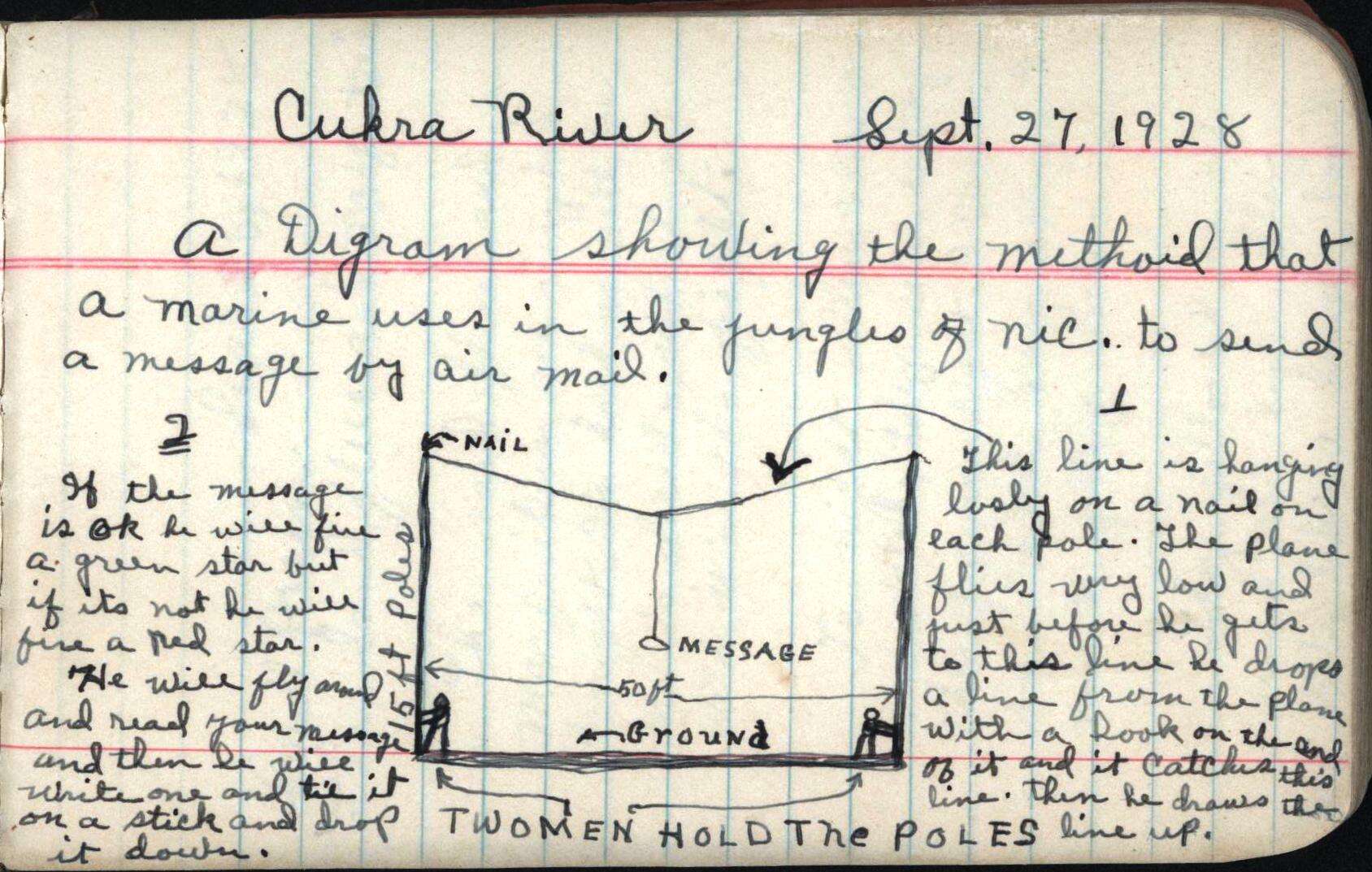Support for PHP 8.1 available
PHP 8.1 is now available in Beach and Local Beach. Given the new features it provides and the improved overall performance, it is really worth trying it out.
How to use it in BeachFor your instance switch the PHP version to use and deploy again:
Selecting the PHP version for an instance in Flownative Beach Select PHP 8 for your Beach instance How to use it in Local Beach